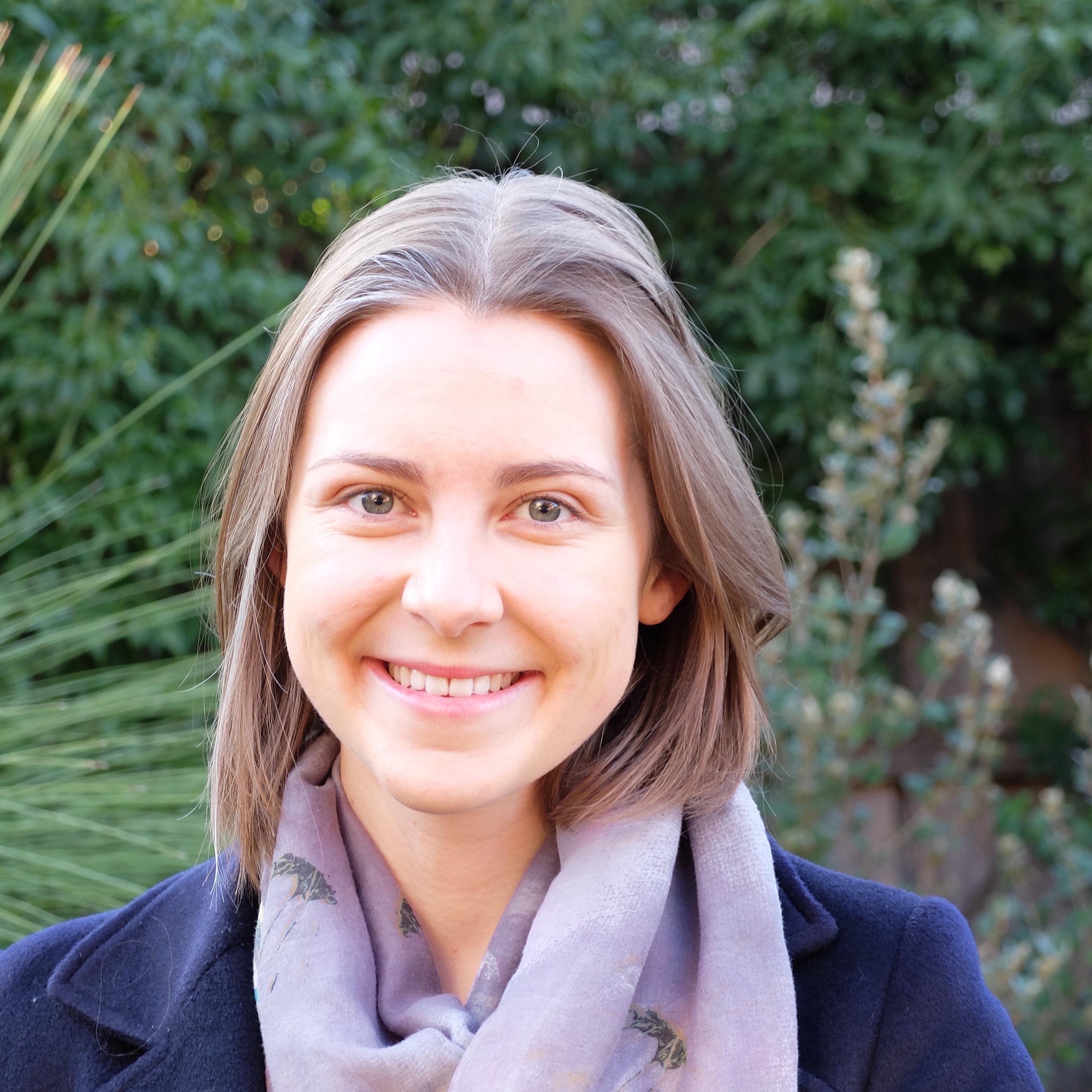Jennifer McFarland

Jen is a third-year PhD candidate in Early Modern History. Her project explores how artisans and workers negotiated old age in seventeenth-century northern Italy, and is funded by the AHRC and the University of Cambridge. Her research interests lie in concepts of charity and marginality, health, neighbourhood, and the material cultures of domestic and urban space.
In 2023-24, Jen is a convenor of the postgraduate Workshop for the Early Modern Period. She is also co-organising a conference on Age and Health, 1500-1800 in June 2024.
Before coming to Cambridge, Jen completed a BA (Honours) in History with a thesis on the Venetian relic cult of St Catherine of Siena (2017), and an MA by research on the social status, everyday lives and social and charitable roles of pizzochere (lay religious women) in sixteenth-century Venice (2020), both at the University of Melbourne.
Jen’s research investigates ideas about and experiences of old age in the seventeenth-century Veneto, with a focus on non-elites. Taking into account institutional, workplace, family, and neighbourhood settings, the project seeks to understand the place of and options available to older workers and artisans, how they understood and responded to their own ageing, and the effects of old age on everyday interactions in Venice and its mainland territories.
Part II Paper 14: Material culture in the early modern world
Elderly people, mobility and urban spaces in early modern Italy. Early Modern World History Workshop. Cambridge, 2023.
Defining male old age between hospital, arte and neighbourhood in seventeenth-century Venice. Charitable Associations and Healthcare Provisions in Early Modern Venice. Università Ca' Foscari, 2023.
Pizzochere, lifecycle, and the city community in sixteenth-century Venice. Renaissance Society of America Conference. Dublin, 2022.
Contact
Tags & Themes
Key publications
“Ties that Unbind: Proximities, Pizzochere, and Women’s Social Options in Early Modern Venice.” I Tatti Studies in the Italian Renaissance 24, 2 (2021): 241-267. DOI: https://doi.org/10.1086/716280
“Relics, reinvention, and reform in Renaissance Venice: Catherine of Siena's stigmata at the Basilica dei Santi Giovanni e Paolo.” Renaissance Studies 34, 2 (2020): 278-302. DOI: https://doi.org/10.1111/rest.12607
